A Common bay owl (Phodilus badius), at Penang Bird Park.
Sartores feathery subjects include species from all over the world.
Sartore believes that the future of birds and the future of us are intertwined more than we know.
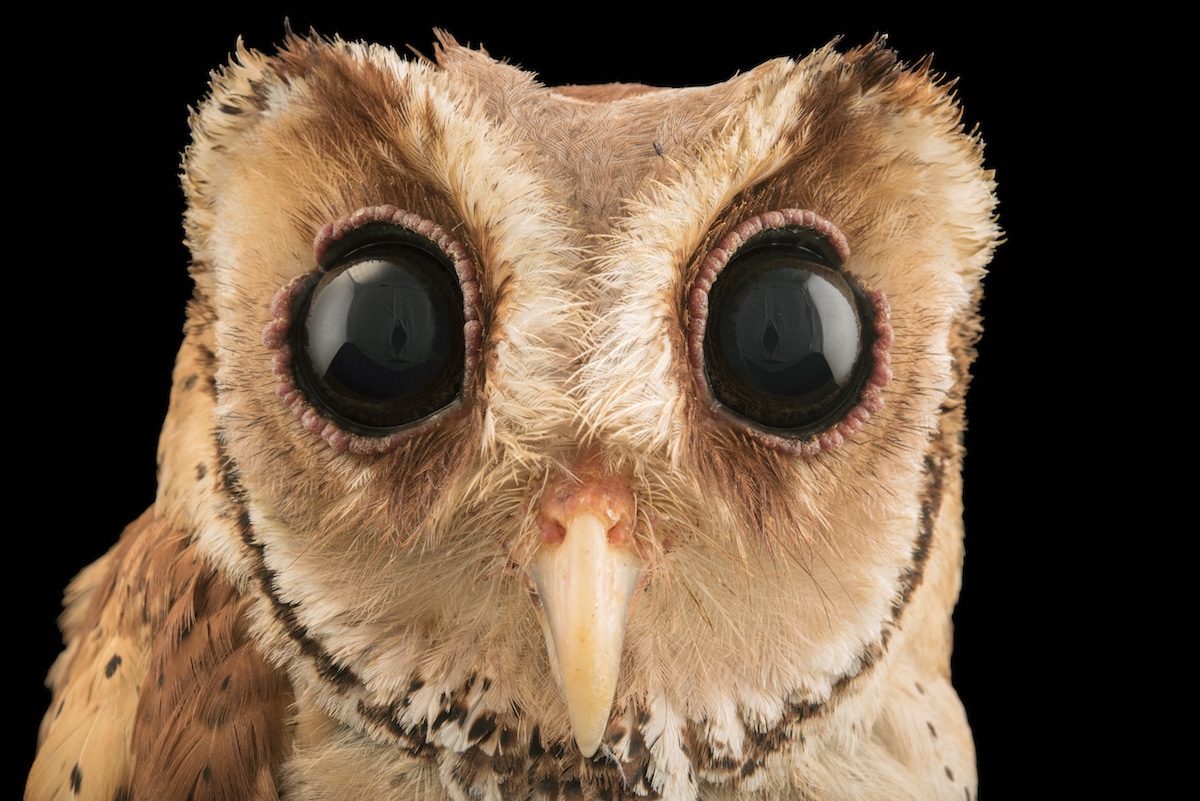
A “Common bay owl” (Phodilus badius), at Penang Bird Park.
In these portraits, they are equals.
All profits go directly to funding thePhoto Ark Project.
A critically endangered northern bald ibis (Geronticus eremita).
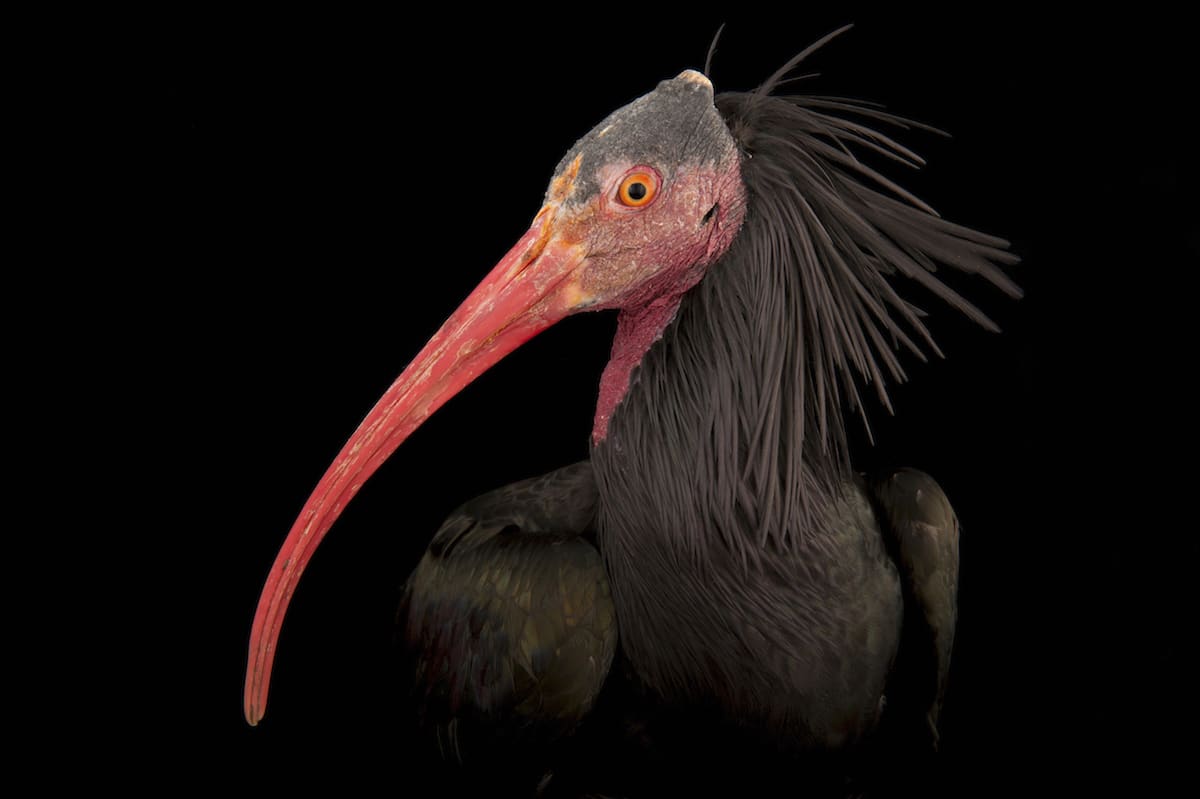
A critically endangered “northern bald ibis” (Geronticus eremita).
White tailed hawk (Geranoaetus albicaudatus), at the National Aviary of Colombia.
A great grey owl (Strix nebulosa) at the New York State Zoo.
A great blue turaco(Corythaeola cristata).
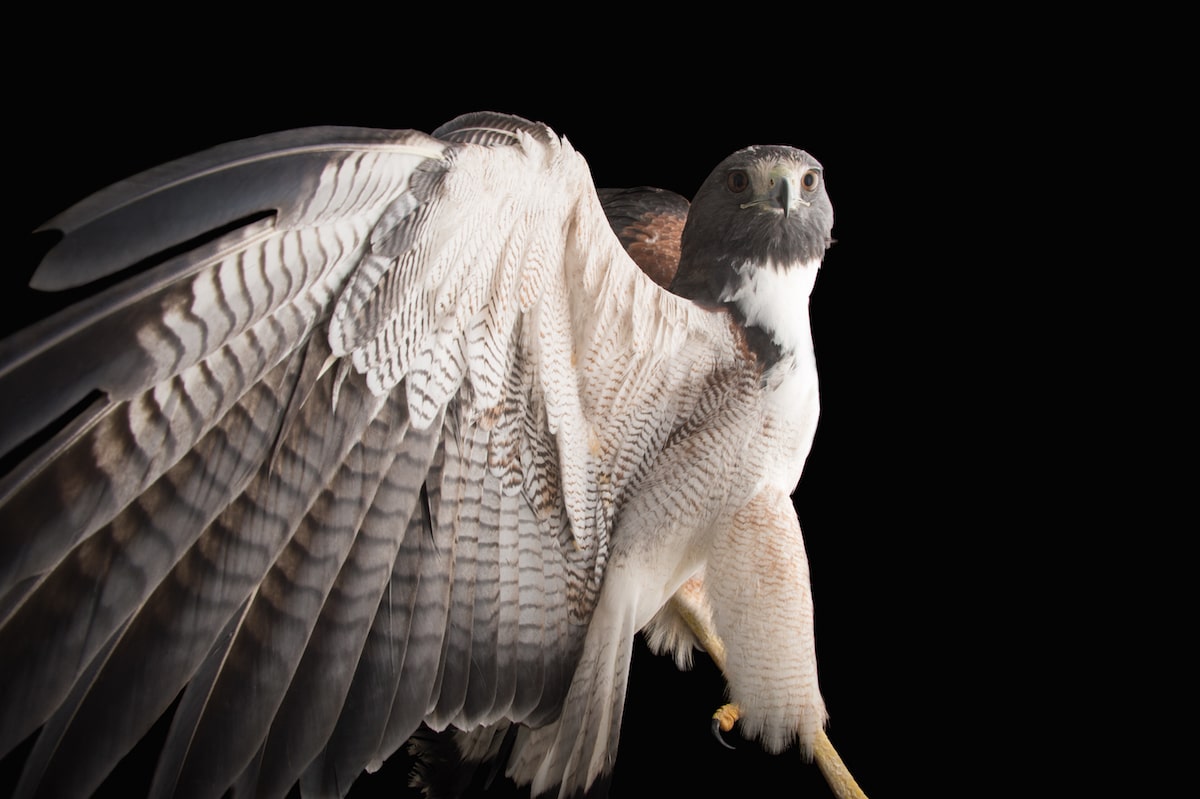
“White tailed hawk” (Geranoaetus albicaudatus), at the National Aviary of Colombia.
A hawk-headed parrot (Deroptyus accipitrinus).
A vulnerable female griffon vulture (Gyps fulvus).
Northern white-faced owls (Ptilopsis leucotis).
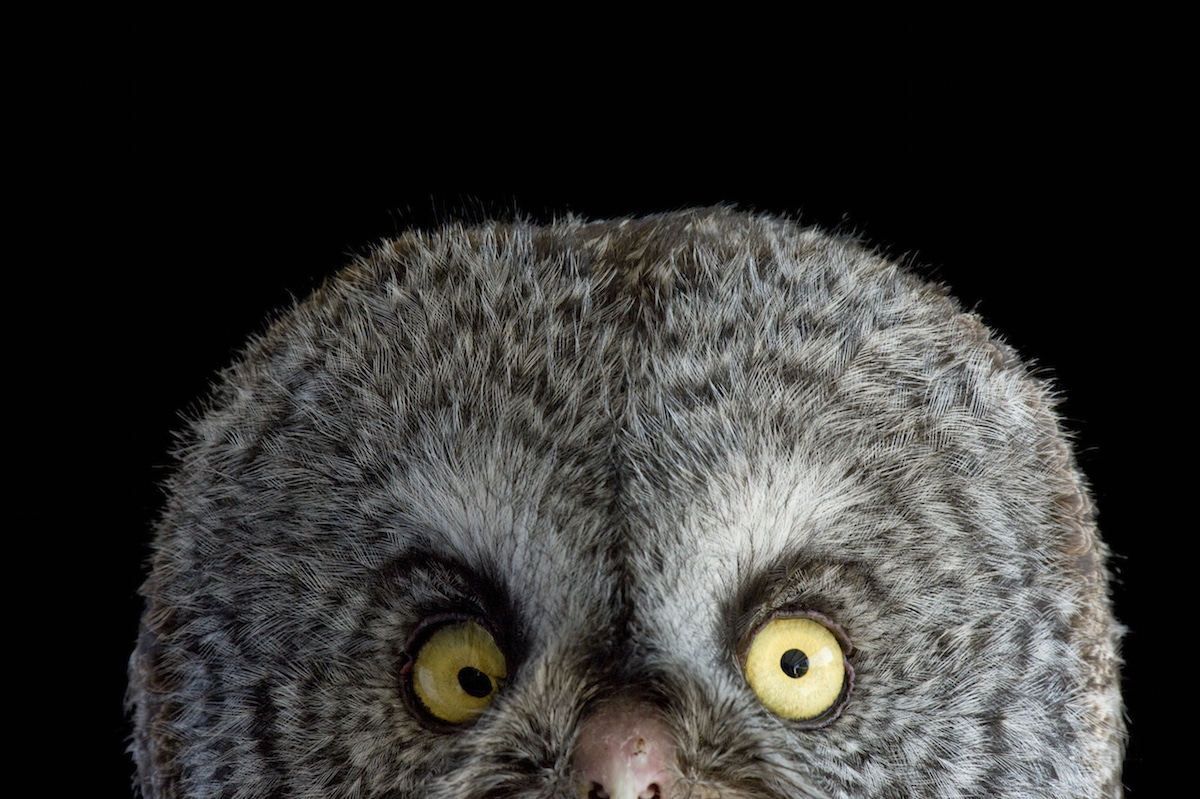
A “great grey owl” (Strix nebulosa) at the New York State Zoo.
A spotted eagle owl (Bubo africanus) from the Plzen Zoo.
A lesser white-fronted goose (Anser erythropus), at Sylvan Heights Bird Park.
A Eurasian black vulture (Aegypius monachus), at The Living Desert in Palm Desert, California.
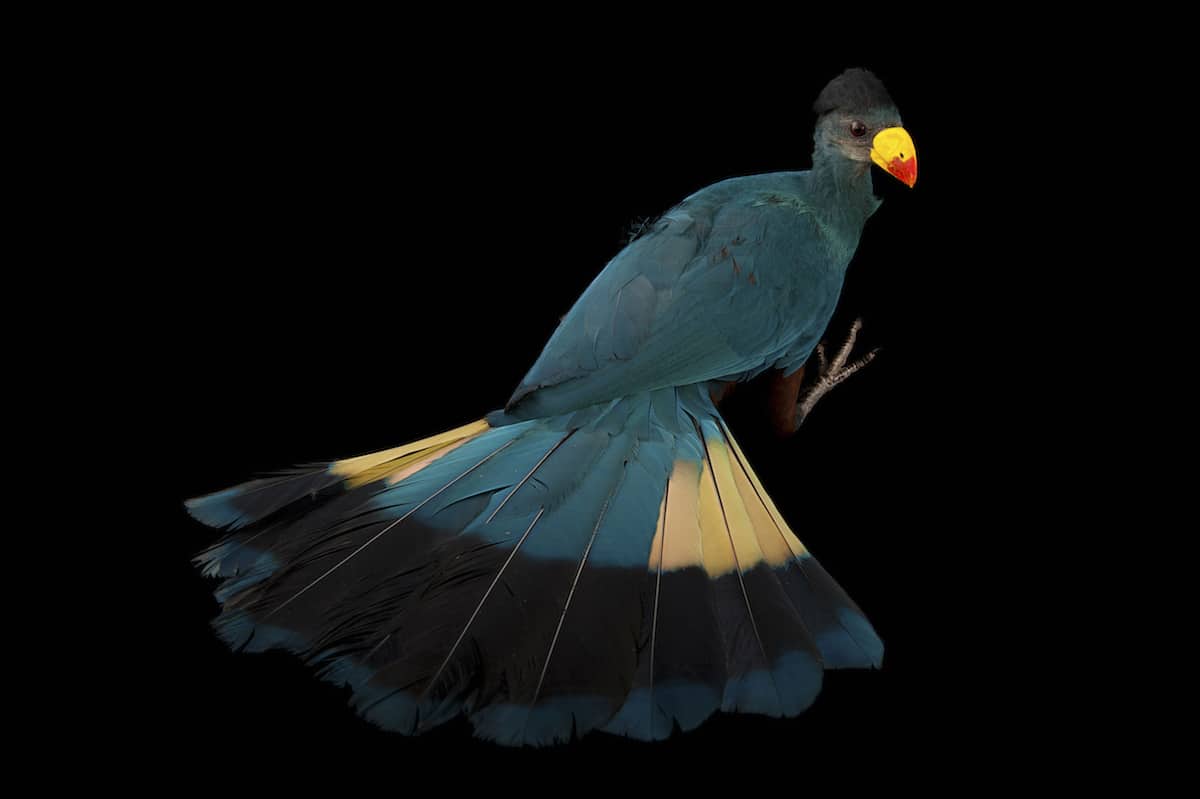
A “great blue turaco”(Corythaeola cristata).
A wattled jacana at the National Aviary breeding center.
Indian blue peafowl (Pavo cristatus) at the Lincoln Children’s Zoo.
Joel Sartore holds a rhinoceros auklet, Cerorhinca monocerata, at the Alaska SeaLife Center.
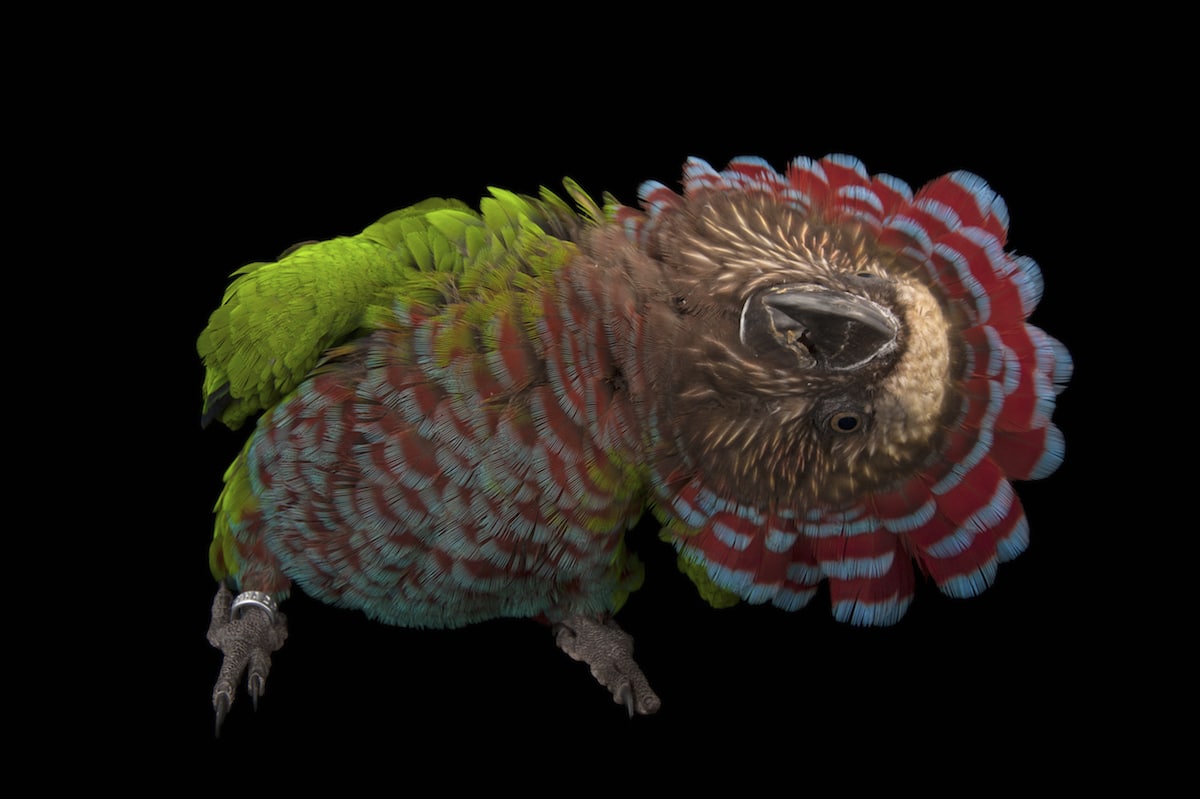
A “hawk-headed parrot” (Deroptyus accipitrinus).
Related Articles:
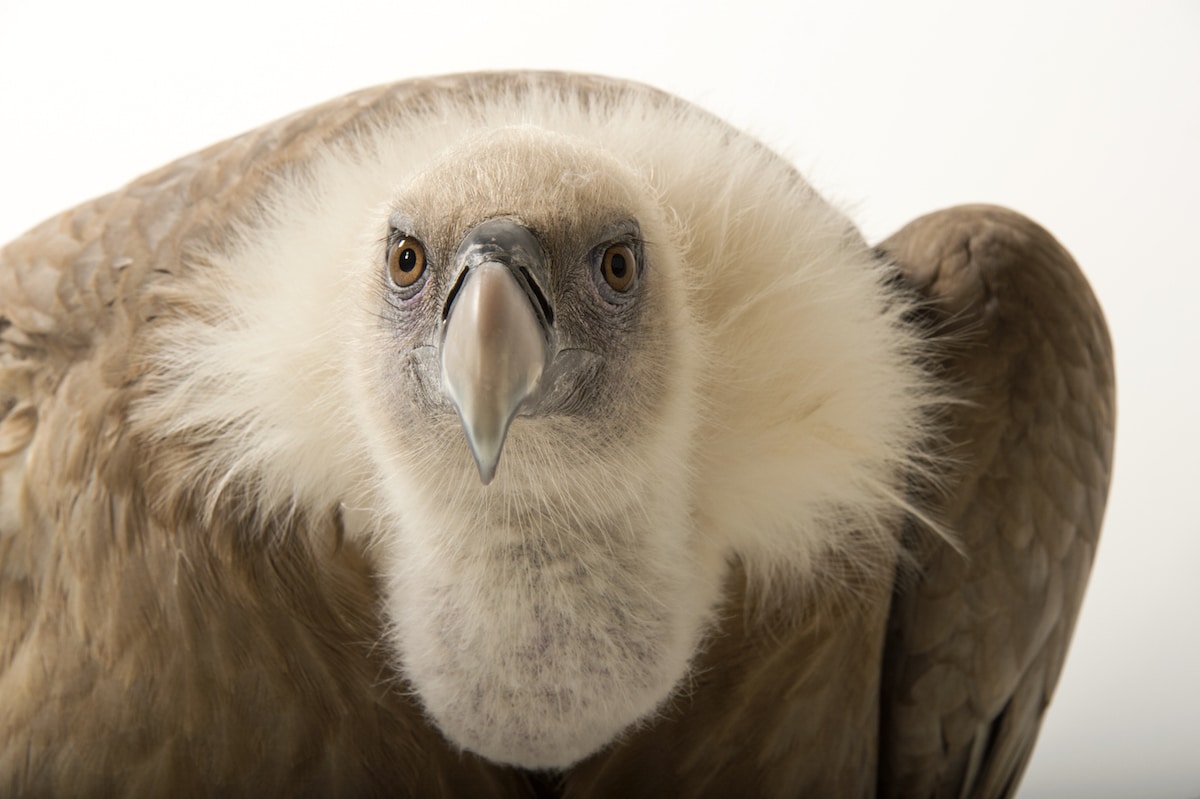
‘A vulnerable female griffon” vulture (Gyps fulvus).
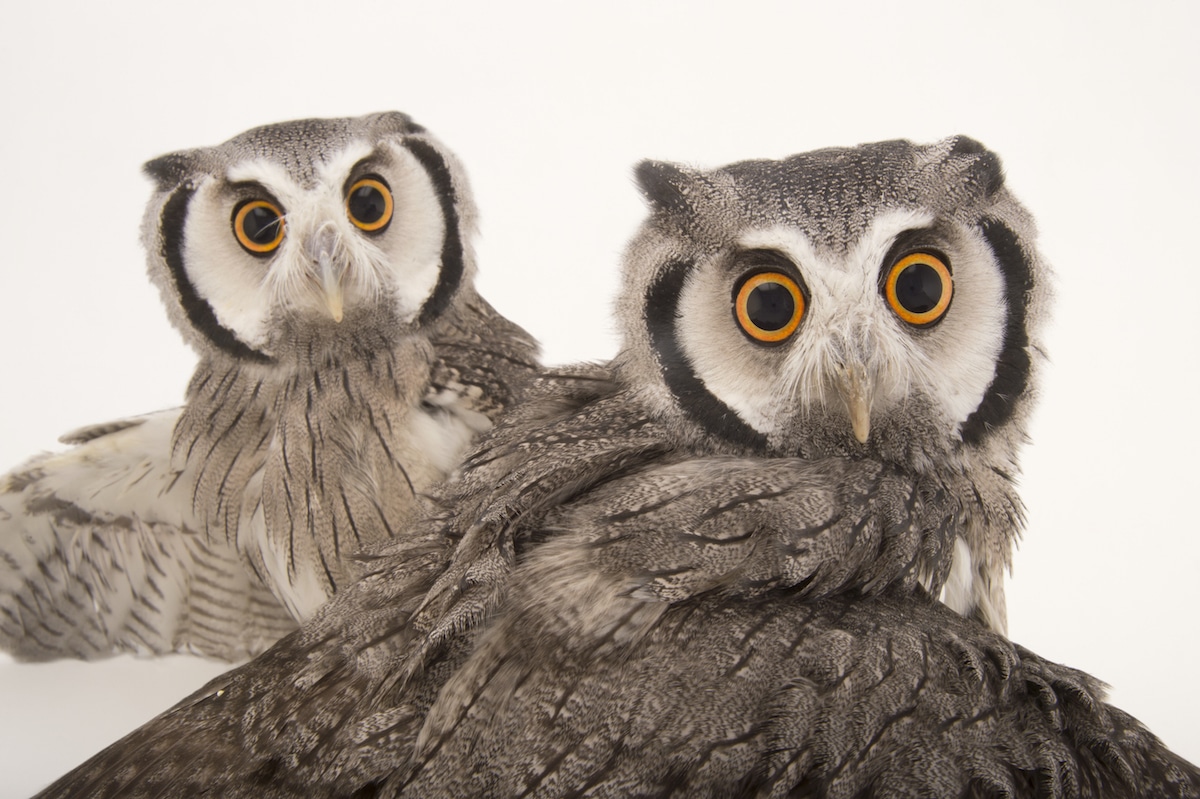
“Northern white-faced owls” (Ptilopsis leucotis).

A “spotted eagle owl” (Bubo africanus) from the Plzen Zoo.
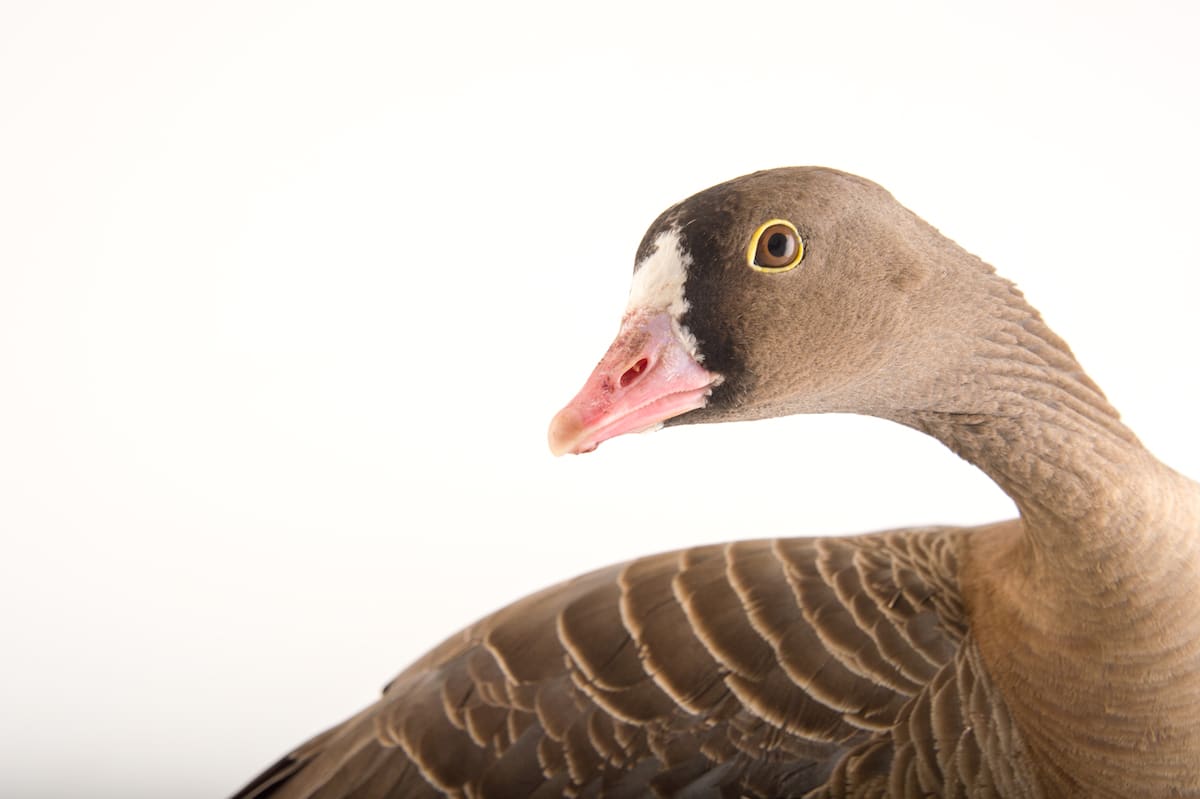
A “lesser white-fronted goose” (Anser erythropus), at Sylvan Heights Bird Park.
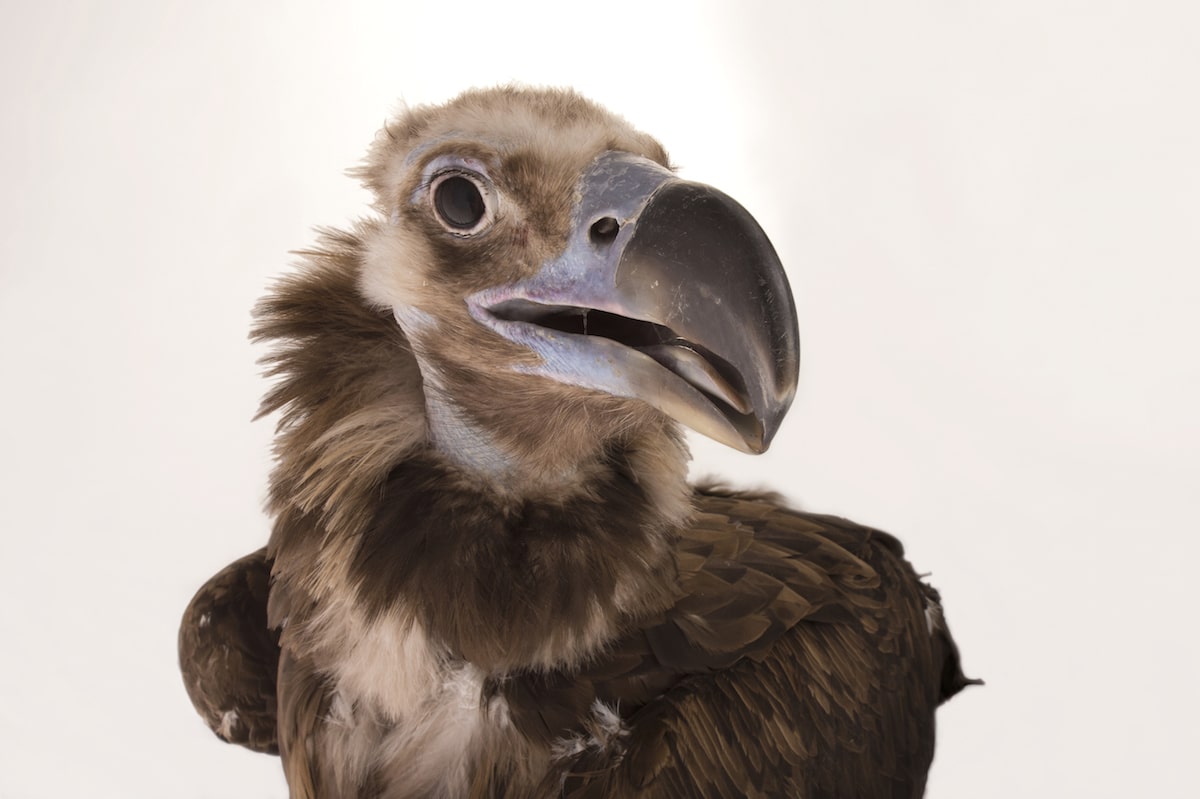
A “Eurasian black vulture” (Aegypius monachus), at The Living Desert in Palm Desert, California.
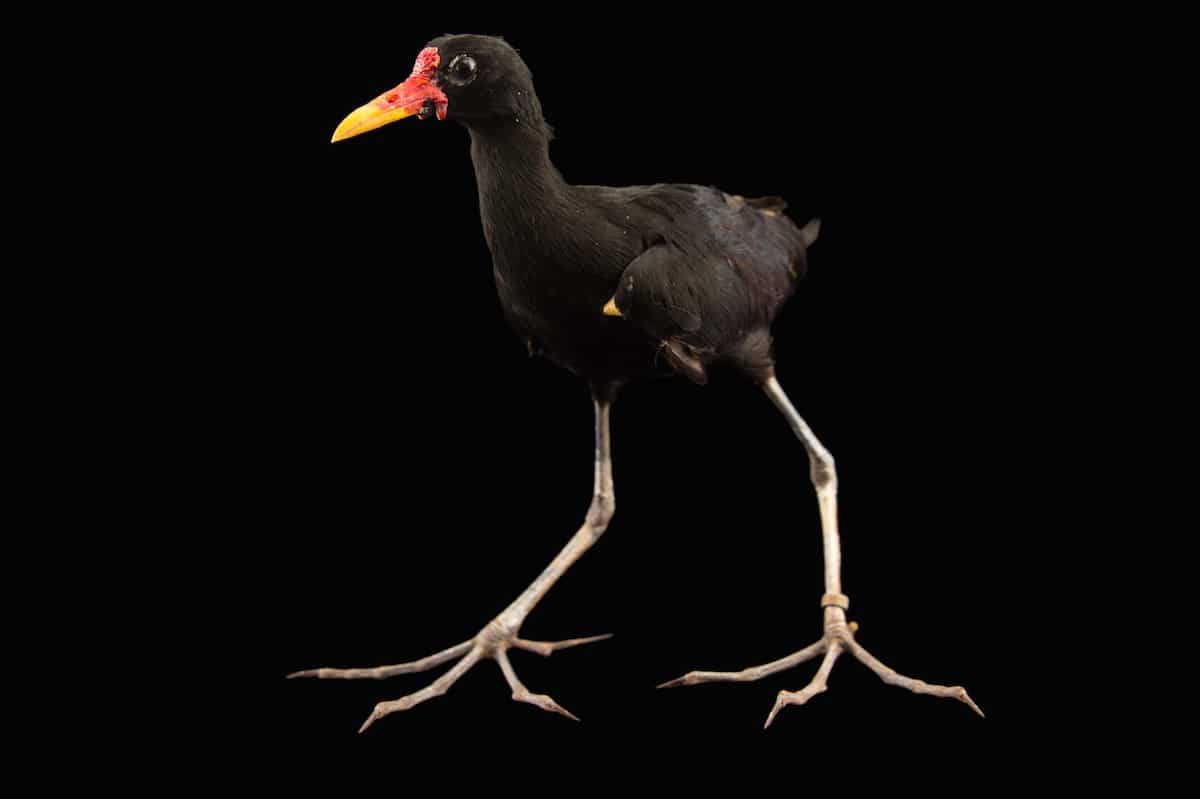
A “wattled jacana” at the National Aviary breeding center.
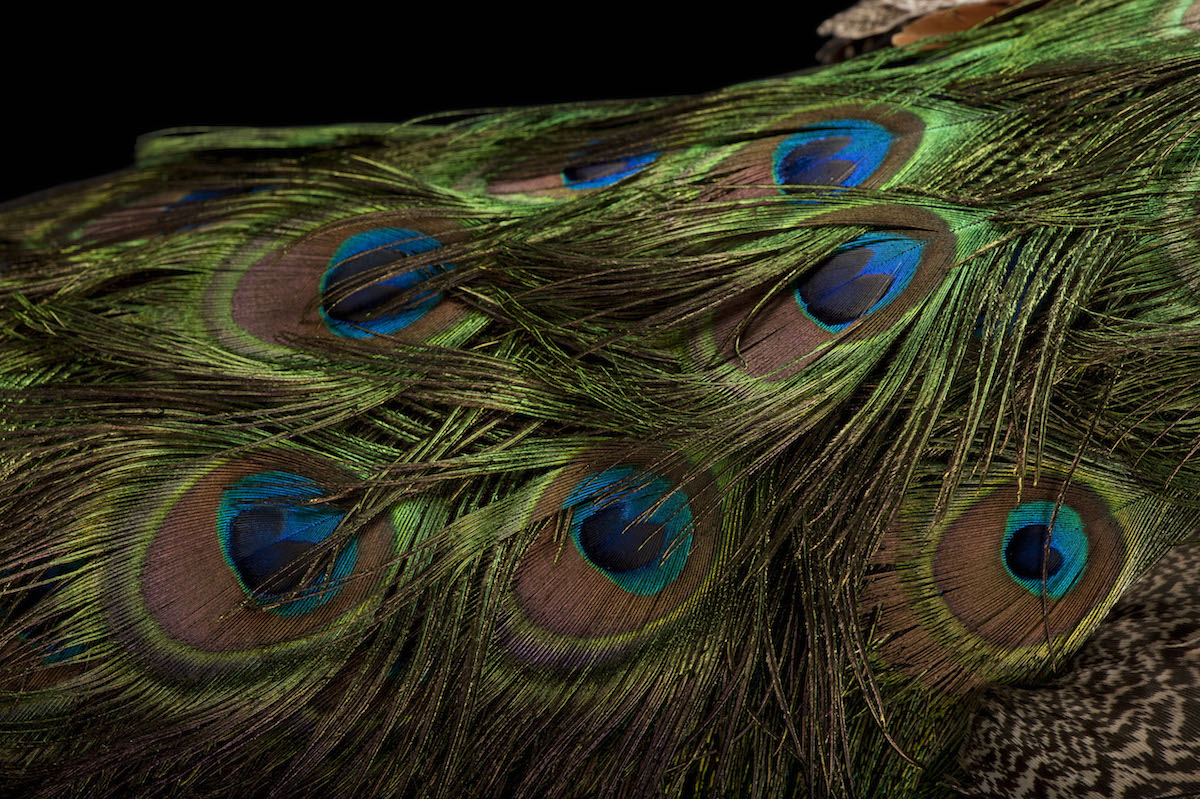
“Indian blue peafowl” (Pavo cristatus) at the Lincoln Children’s Zoo.
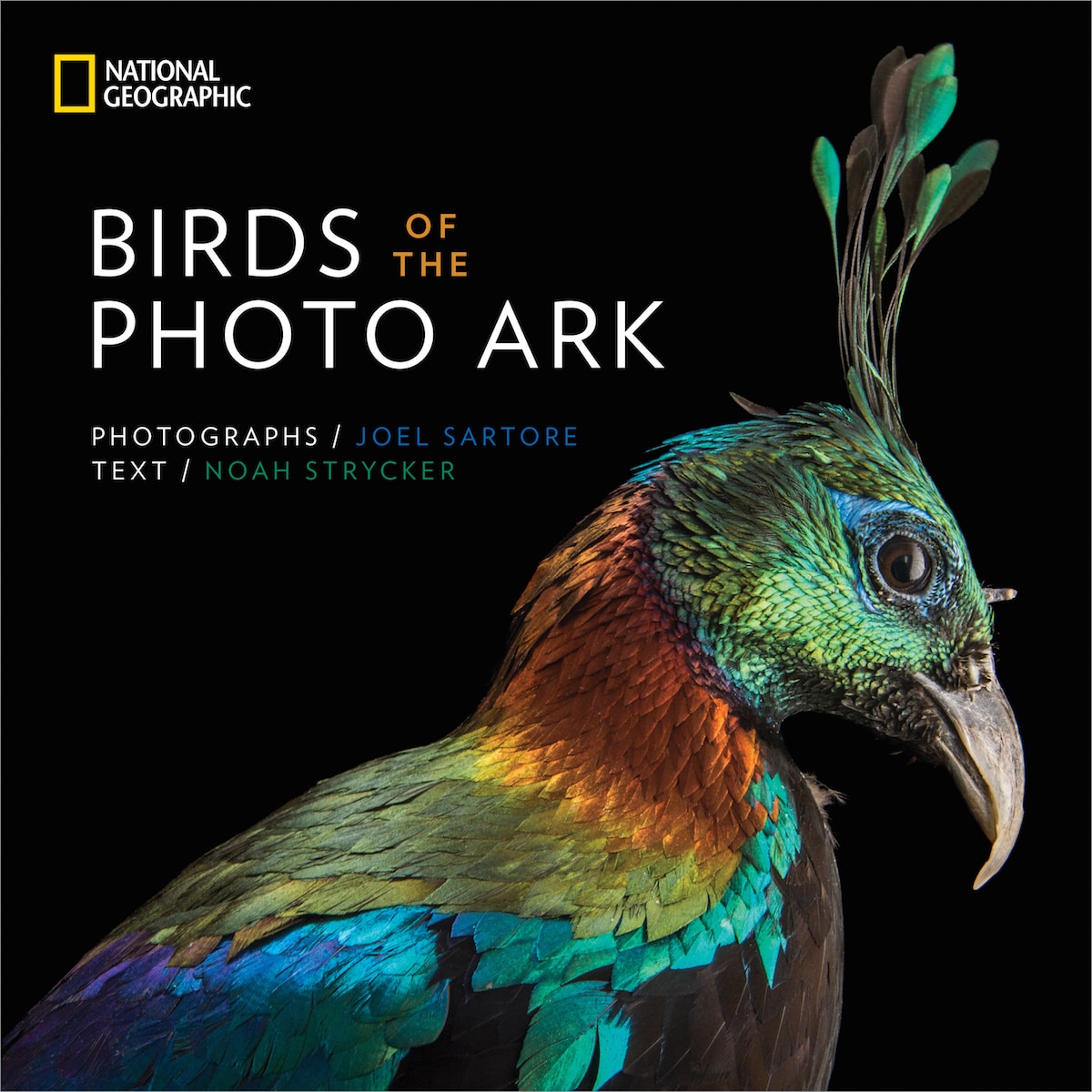
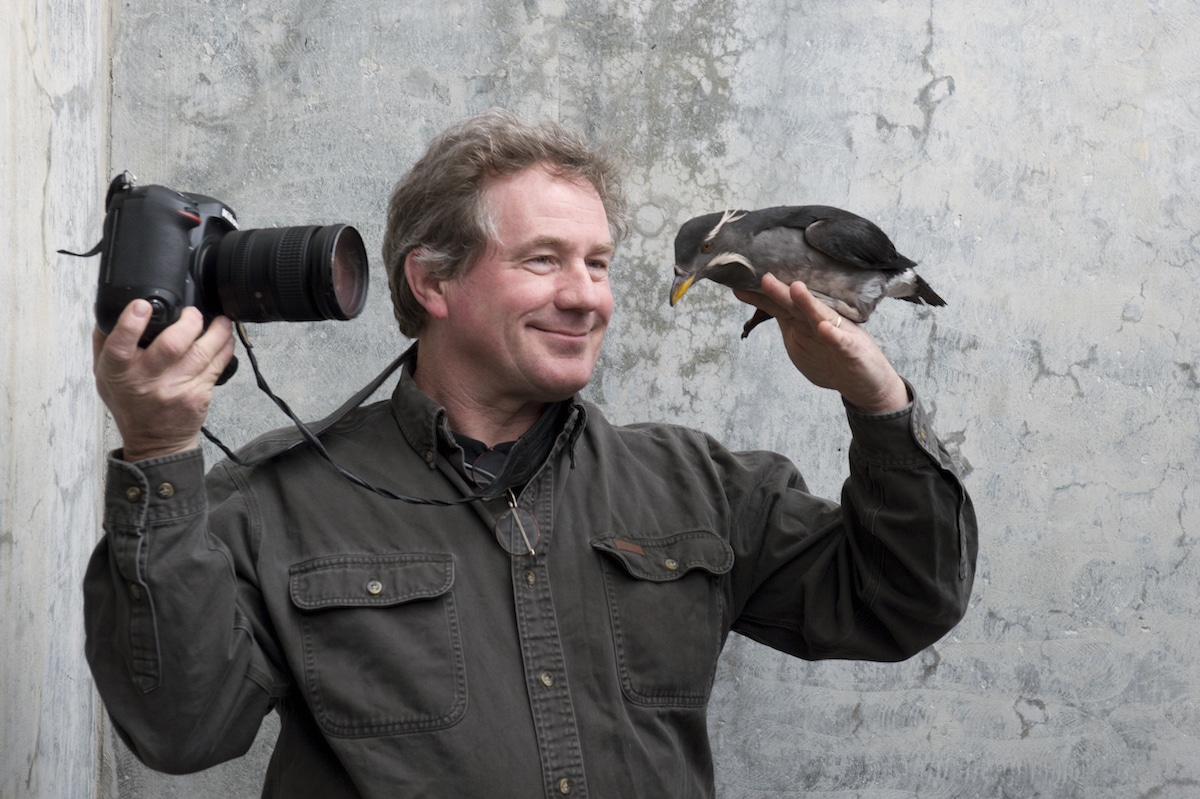
Joel Sartore holds a rhinoceros auklet, Cerorhinca monocerata, at the Alaska SeaLife Center.